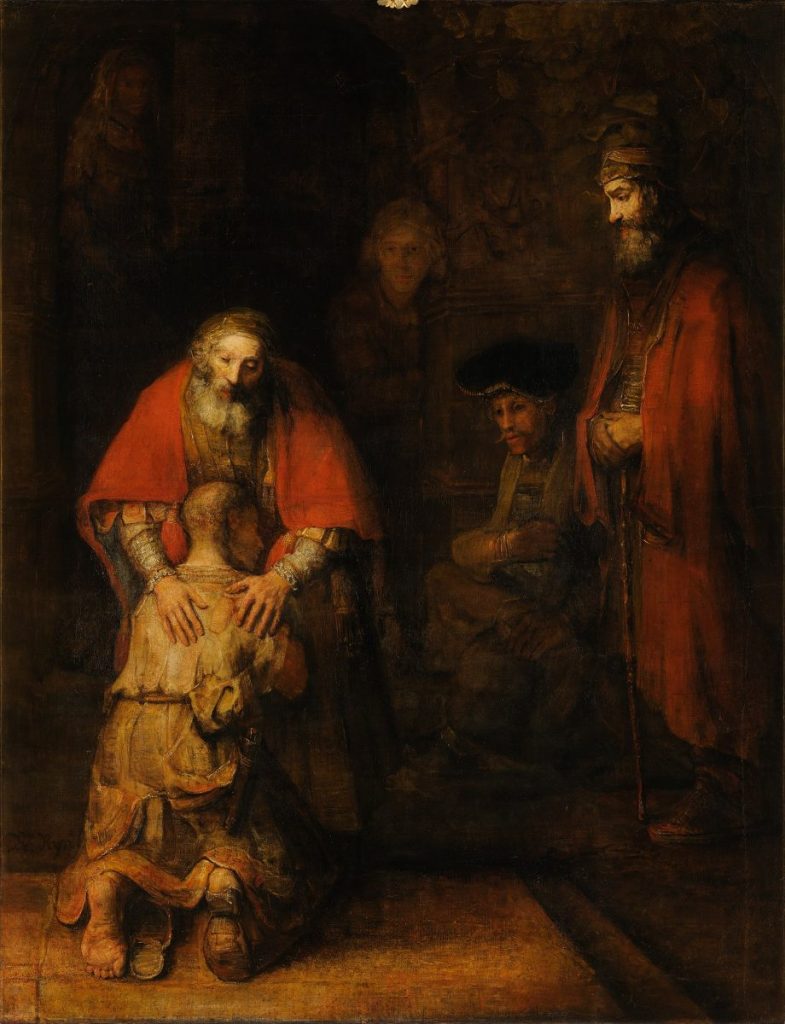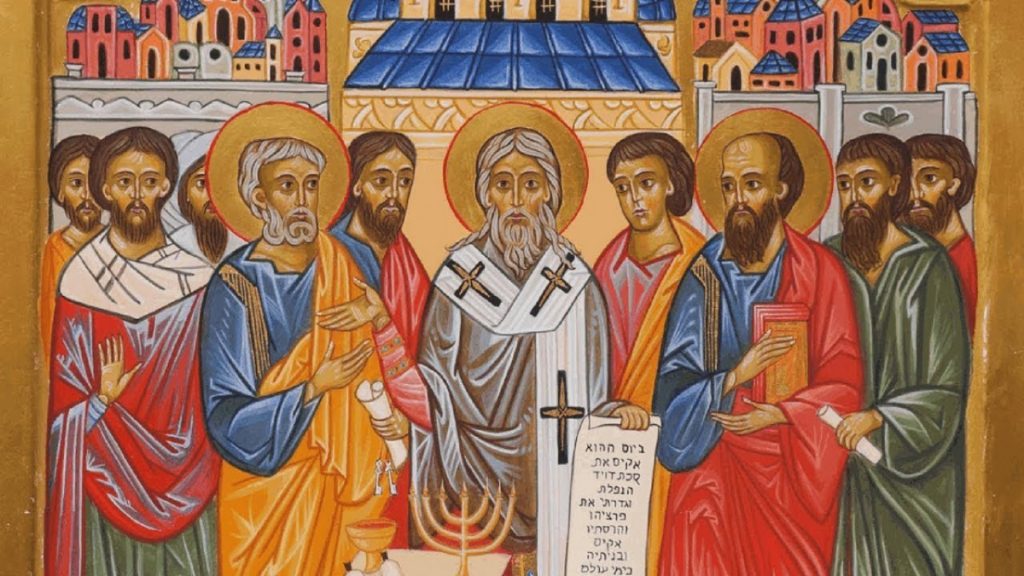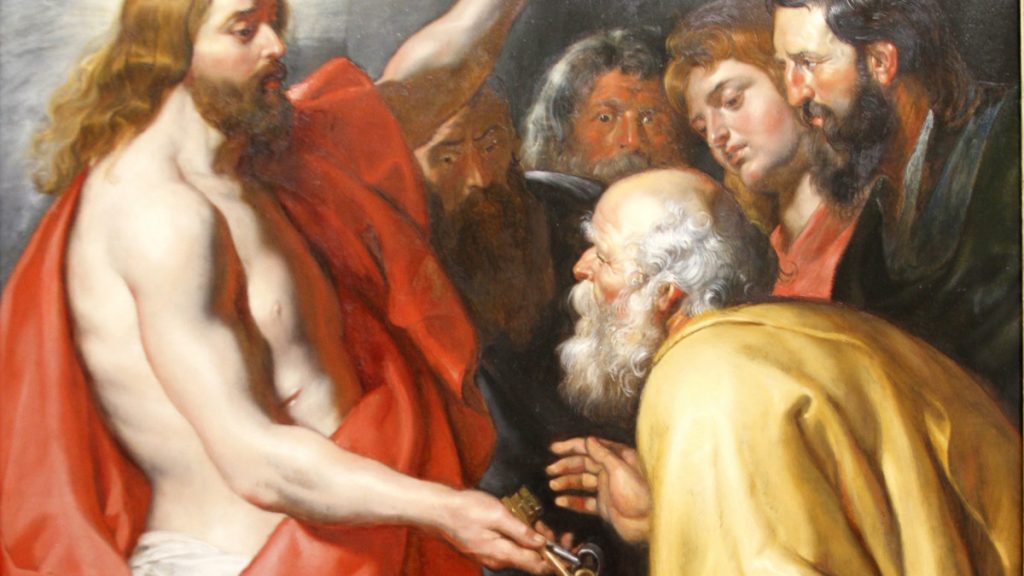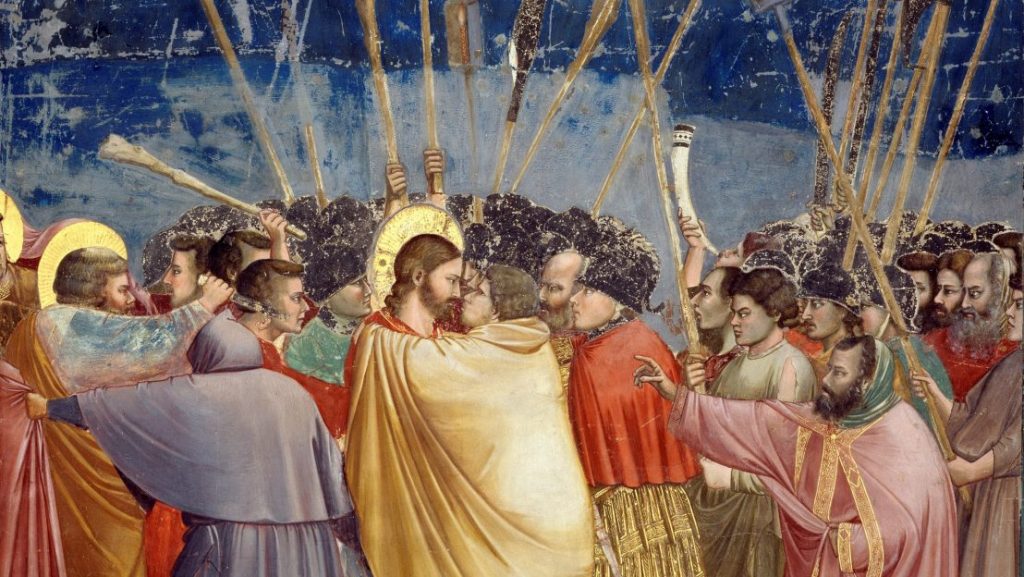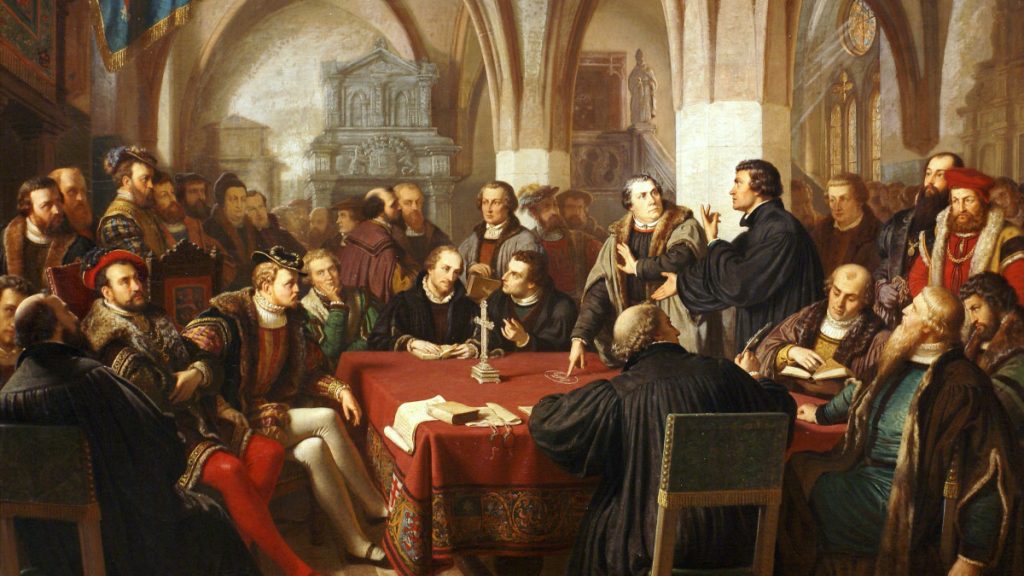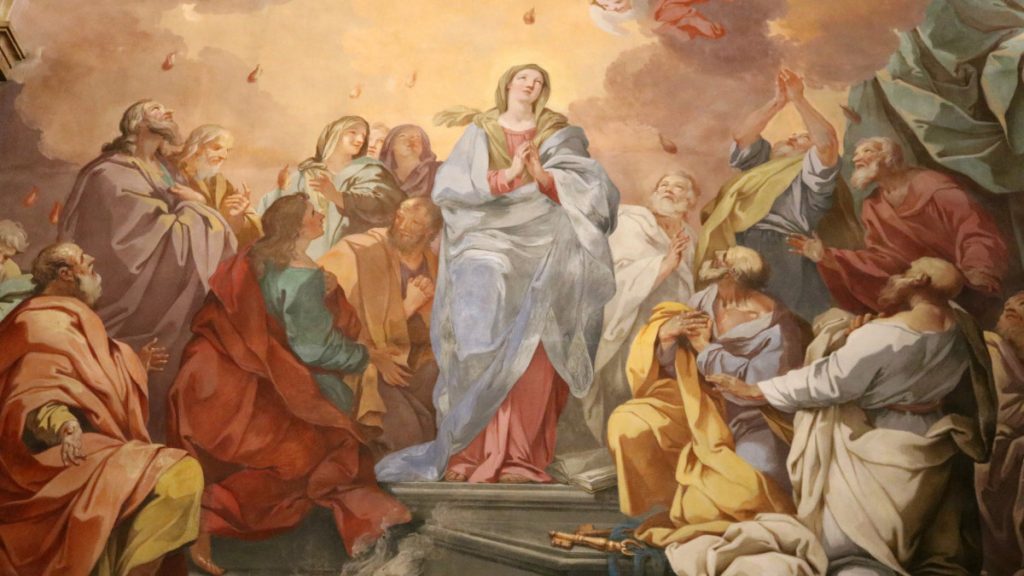(Updated July 16, 2025)
This Author Quote Archive collects pertinent quotes from the Church Father, St. Nicetas of Remesiana.
Next to each quote are the Topic Quote Archives in which they are included.
This Quote Archive is being continuously updated as research continues. Quotes marked with “***” have not yet been organized into their respective Topic Quote Archives.
Treatises
St. Nicetas of Remesiana, The Power of the Holy Spirit
(§5)1
He [Christ] received the Holy Spirit in the form of a dove on His body at the time of His baptism. Thus, it could be truly said by the Apostle that “in him dwells all the fullness of the Godhead bodily” (Col. 2:9). It was from this fullness that the Apostles later received “grace for grace” (John 1:19), when the Lord breathed into the face of the Apostles and said: “Receive the Holy Spirit; whose sins you shall forgive, they are forgiven them; and whose sins you shall retain, they are retained” (John 20:22). And, although it is written: “Who can forgive sins, but God only” (Luke 5:21), here we have the Apostles reported as forgiving sins through the power of the Spirit. Hence, we can realize how much the Spirit can do, when we notice, first, what He did in regard to the Body of our Lord and, second, that the power is no less apparent when the Spirit forgives sins.
St. Nicetas of Remesiana, Explanation of the Creed
(§10)2 ***
After the confession of the Blessed Trinity, you profess faith in the Holy Catholic Church. The Church is simply the community of all the saints. All who from the beginning of the world were or are or will be justified—whether Patriarchs, like Abraham, Isaac, and Jacob, or Prophets, whether Apostles or martyrs, or any others—make up one Church, because they are made holy by one faith and way of life, stamped with one Spirit, made into one body whose head, as we are told, is Christ. I go further. The angels and virtues and powers in heaven are co-members in this one Church, for, as the Apostle teaches us, in Christ “all things whether on earth or in heaven, have been reconciled” (Col. 1:18, 20). You must believe, therefore, that in this one Church you are gathered into the Communion of Saints. You must know that this is the one Catholic Church established throughout the world, and with it you must remain in unshaken communion. There are, indeed, other so-called “churches” with which you can have no communion: for example, those of the Manichaeans, the Cataphrygians, the Marcionites, and other heretics and schismatics. These “churches” ceased to be holy, because they were deceived by the doctrines of the Devil to believe and behave differently from what Christ commanded and from the tradition of the Apostles.
Footnotes
- St. Nicetas, Sulpicius Severus, St. Vincent of Lerins, St. Prosper of Aquitaine, J. Reginald O’Donnell, CSB, trans., The Fathers of the Church, Vol. 7: Niceta of Remesiana, Writings; Supicius Severus, Writings; Vincent of Lerins, Commonitories; Prosper of Aquitaine, Grace and Free Will (Washington, DC: The Catholic University of America Press, 1949), 29. ↩︎
- St. Nicetas, Sulpicius Severus, St. Vincent of Lérins, St. Prosper of Aquitaine, J. Reginald OʼDonnell, CSB, trans., The Fathers of the Church, Vol. 7: Niceta of Remesiana, Writings; Supicius Severus, Writings; Vincent of Lérins, Commonitories; Prosper of Aquitaine, Grace and Free Will (Washington, DC: The Catholic University of America Press, 1949), 49-50. ↩︎
